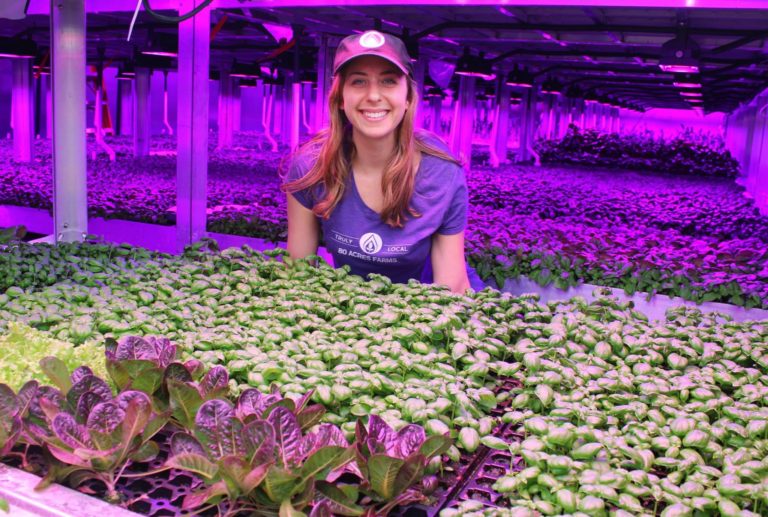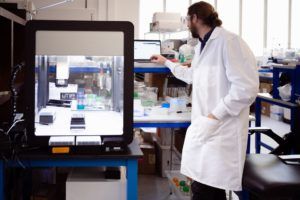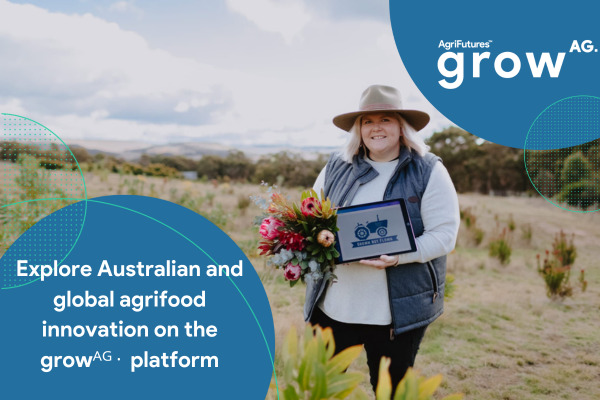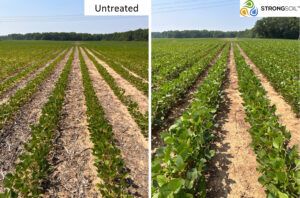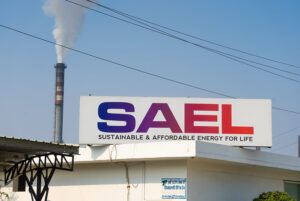80 Acres Farms, an Ohio-based vertical farming startup, has raised private equity funding from Virgo Investment Group, a private equity firm from San Francisco for the construction of what it says will be the first fully automated indoor farm.
AgFunderNews can reveal that the deal was worth more than $40 million in equity capital, according to sources close to the deal.
The funding will go towards the completion of 80 Acres’ Hamilton, Ohio facility, which was announced last year and is set to be partially operational in the next few months.
It will be automated from seeding to growing to harvesting featuring handling robotics, artificial intelligence, data analytics, and around-the-clock monitoring sensors and control systems to optimize every aspect of growing produce indoors.
The company also has facilities — that are more manually operated — in Arkansas, North Carolina and Alabama from which it serves local major national grocers, local retailers, restaurants, and food service companies with leafy greens, tomatoes, micro greens and herbs. It expects to add grapes and strawberries in the near future.
The design and technology of the new Hamilton facility takes into account years of research by 80 Acres across its facilities including comparing produce grown in greenhouses and outdoors for quality, taste and nutrition.
While there are a growing number of vertical farms in the US and globally, few have reached scale across multiple geographies as they’ve struggled with the high costs associated with operating and powering their controlled environments, particularly when it comes to staffing and LED lighting. This has meant the unit economics of producing food have not always made sense. There has also been a wave of undisclosed food safety mishaps including pest outbreaks that caught some less experienced operators by surprise.
The experience of the 80 Acres team, which has worked at several large food businesses in the US including Del Monte, and its focus on food safety was a big draw for Virgo. Virgo researched several other indoor farming groups before making this investment.
“The 80 Acres’ team was the only team that’s run large scale food manufacturing facilities in the past,” said Eli Aheto, a partner at Virgo. “And you can see it in the design of the facility. Every element that’s in contact with the plant has been thought through with a safety perspective, such as how the water comes in, is used and filtered, and all the air handling equipment too. This is all very controlled and unique compared to other folks with big open facilities.”
Those big facilities have no way of preventing pests or disease from spreading throughout, while 80 Acres have designed a sectioned facility to address this, added Aheto saying he had heard about outbreaks at other facilities.
Unit economics and 80 Acres’ robotic technology efforts were another key differentiator for 80 Acres encouraging Virgo to make the investment. “Vertical farms need to be able to operate facilities in a cost-effective manner and our goal is to produce a product that’s affordable and available to all consumer segments, so the key is to automate as much as possible. Some other facility designs don’t lend themselves to effective automation; it’s one thing to design automation in a vacuum and it’s another to understand automation in a food facility and reflect that in a farm design, knowing what can go wrong in a facility. 80 Acres has designed a system that can effectively automate production in a way that’s still safe.”
80 Acres did not decide to build all of its technology in-house as many indoor farming groups have and instead partnered with various groups on developing the technology it uses, including Priva, the well established Dutch horticultural grow equipment group.
“When it comes to unit economics, it’s about labor costs, with energy costs a close second,” 80 Acres president Tisha Livingston told AgFunderNews. “Most indoor farms are very manual and labor intensive so being able to make that leap from manual to automated is really important to get the unit economics right.”
There has been a lot of secrecy surrounding the technology stack used in vertical farming, but that’s starting to change as the industry matures, according to 80 Acres Farms CEO Mike Zelkind.
“Because this is such a capital intensive industry there has been a lot of secrecy because farms have been constantly fundraising, which is not conducive to a friendly industry,” he told AgFunderNews. “But that’s changing and we’re sharing more with our friends in different geographies as we all realize there’s a lot to gain in working closely together to ensure this industry grows.”
“Particularly we think that food safety practices should be shared to protect the industry overall. There are a lot of entrepreneurs coming into this space with great background but they haven’t been through a bunch of recalls and you really can’t just read about those to understand the severity of them,” he added.

